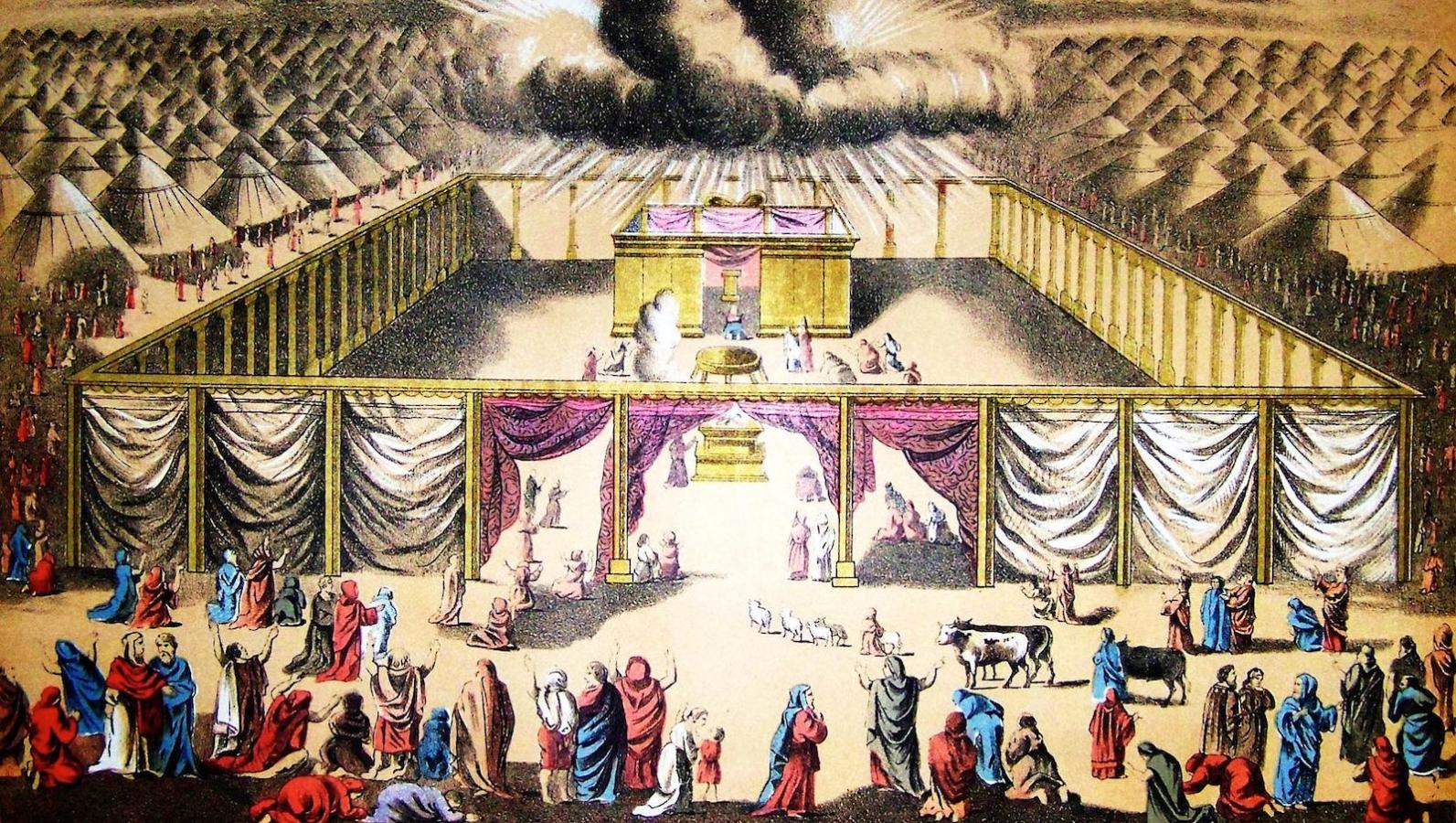Commentary on Parashat Terumah, Exodus 25:1-27:19; Numbers 28:9-15; Exodus 30:11-16
For those looking for spiritual insight from the Torah, this portion may be a disappointment–but only if one undertakes a quick, superficial review of the text. This section of Exodus appears to read more like a contractor’s list of building supplies and instructions than it does sacred writ.
This week’s Torah portion is focused on the specific requirements for building the tabernacle. But this is the place where the Jewish people will focus their connection with the holy. It has to be more than just a prefabricated building or a set of architectural or interior designer plans for a local meeting hall. And to make sure that the Tabernacle reflects the deep, inner yearnings of the people, they are directed to bring gifts to further enhance the work of the builders and artisans, should they be motivated to do so.
While this may seem like a Torah reading for the mind–since the details are so specific–it is really one for the heart and soul. According to Tzena Urenah, one of my favorite commentaries on the Torah, this portion follows that of the giving of the Torah because God’s presence rests in a place of charity, when people are willing to give, and to give of themselves.
What more needs to be said about an inclusive Jewish community? If we gather in those who would come close to the community, regardless of their background, and they give of themselves, surely it is a place where God’s presence dwells. Just as the people made a Tabernacle of their lives in the ancient world to correspond to the one that they were building, perhaps we can invite people to do the same in our age: build a tabernacle that reflects the kind of inclusive Jewish community that we desire to build.
With your help, My Jewish Learning can provide endless opportunities for learning, connection and discovery.
Torah
Pronunced: TORE-uh, Origin: Hebrew, the Five Books of Moses.



